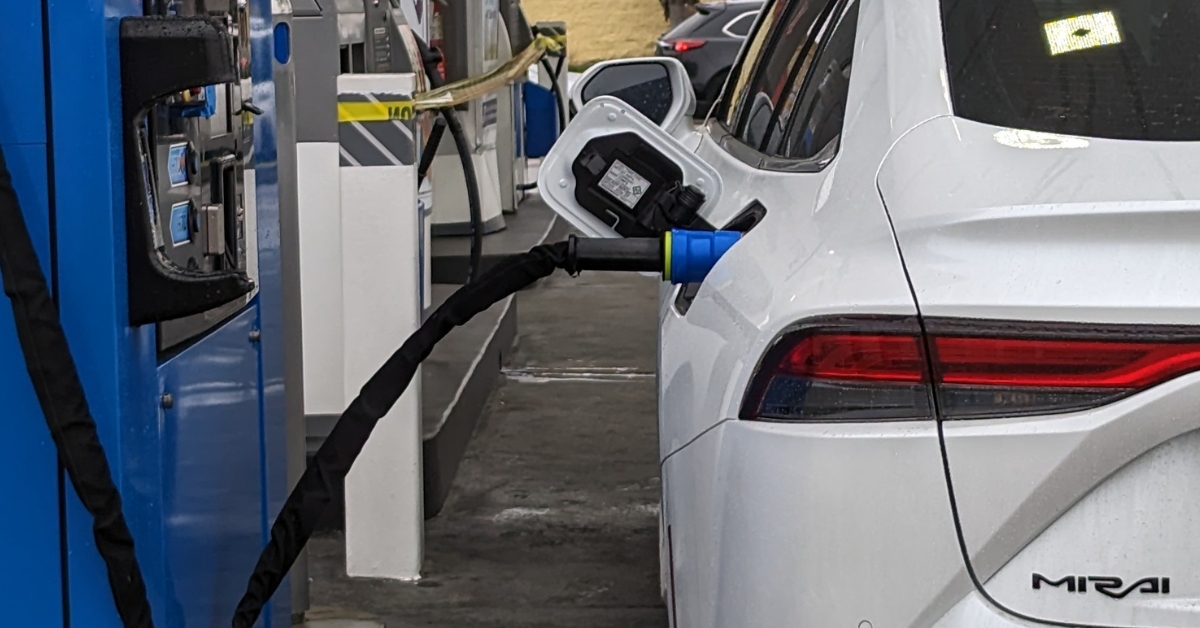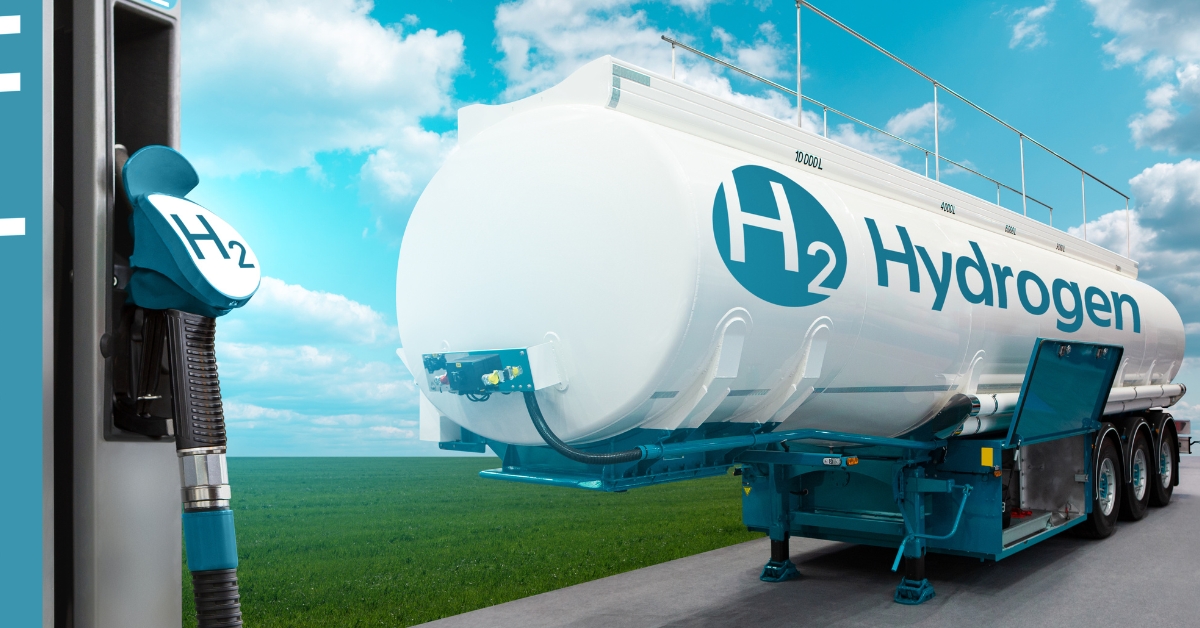Hydrogen fuel holds immense promise as a clean and sustainable energy source, but its current high prices hinder widespread adoption. However, several factors indicate that hydrogen fuel prices are poised to decrease in the future. In this article, we delve into key developments and trends that suggest a potential decline in hydrogen fuel prices and explore the timeline for this anticipated shift.
- Expanding Production Capacity: As the demand for hydrogen fuel grows, significant investments are being made to expand production capacity. New hydrogen production facilities, both large-scale and small-scale, are being developed globally. These expansions could result in economies of scale, driving down production costs and eventually lowering hydrogen fuel prices.
- Technological Advancements: Advancements in hydrogen production technologies are poised to reduce costs significantly. Electrolysis, for instance, is becoming more efficient and cost-effective with the development of new catalysts and materials. Additionally, research efforts are focused on developing innovative production methods like photocatalysis and biological processes, which have the potential to further decrease costs.
- Renewable Energy Integration: The integration of renewable energy sources, such as wind and solar, into hydrogen production processes is gaining traction. Renewable energy can provide the electricity required for electrolysis, reducing the reliance on fossil fuels and decreasing the carbon footprint of hydrogen production. As renewable energy costs continue to decline, hydrogen fuel prices are expected to follow suit.
- Infrastructure Development: The establishment of a robust hydrogen infrastructure is crucial for reducing costs. Investments are being made to develop hydrogen storage and transportation solutions that are safe, efficient, and cost-effective. Advancements in storage methods, such as solid-state hydrogen storage and hydrogen carriers, could improve hydrogen availability and lower associated costs.
- Research and Development: Continued research and development efforts are dedicated to enhancing hydrogen production, storage, and transportation technologies. Governments, research institutions, and private companies are investing in R&D to drive innovation and overcome technical barriers. This concerted effort could lead to more efficient and cost-effective hydrogen fuel systems, ultimately lowering prices.
- Market Maturity and Competition: As the hydrogen market matures and becomes more competitive, pricing dynamics will change. Increasing market competition among hydrogen producers and suppliers will put downward pressure on prices. Additionally, advancements in fuel cell technology and increased adoption in various sectors, such as transportation and industry, will drive demand and further incentivize price reductions.
- Government Support and Policies: Governments worldwide are recognizing the potential of hydrogen as a clean energy source and are implementing supportive policies. These policies include subsidies, grants, tax incentives, and regulations that encourage the adoption of hydrogen fuel technologies. Government support could drive investments, accelerate market growth, and contribute to price reductions.
Conclusion: While the exact timeline for a significant decrease in hydrogen fuel prices may vary, the ongoing developments in production capacity, technological advancements, renewable energy integration, infrastructure development, research and development, market maturity, and government support all point towards a future with more affordable hydrogen fuel. As these factors continue to align, hydrogen is poised to become a competitive and cost-effective energy solution, driving the transition towards a sustainable and low-carbon future.





